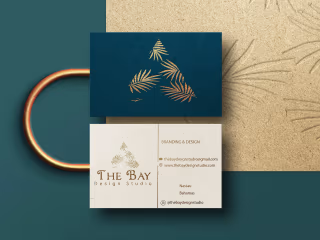The Effect Technology Has on Millennials
Technology has changed the world, there’s no doubt about that. Studies have shown that over 74% of millennials feel technology has made their life easier. But… at what cost? Technology has drastically improved the way that we communicate, learn new skills and so much more, but it can surely have its downsides too. With the introduction of social media, persons connect with friends and family all over the world, and meet new people as well. It’s what helps us stay up-to-date on the big life events of loved ones, even the news. But, social media itself has evolved, by now having influencers that people admire and look up to who share their “whole lives” with their followers. From this, a lot of millennials created this imagery of an “ideal life” portrayed by these influencers. The perfect body, the money, the dream house, the lavish vacations, the perfect relationship, we want it all. But these lives portrayed online aren’t always what they seem. Bodies can be edited to imitate the appearance of the perfect shape, and photos usually only tell half the story of a couple we look up to as “relationship goals”. A lot of millennials now suffer from disorders like body dysmorphia from wanting to look like Kim Kardashian or beat themselves up because they’re not a self-made billionaire by 23. Technology has created a false narrative for a lot of millennials that set an expectation of unrealistic goals that can lead to unhealthy insecurities. We also tend to get cause up in the amount of likes we receive on tforms and turn it into a popularity contest. It can become very addicting, damaging and distracting. How many times have you lost the amount of hours you spent scrolling on Tik Tok, Instagram or Facebook? Or procrastinated a task because you watched one-too-many episodes of that Netflix series you’ve been binge watching? These addictions can lead to sleep deprivation, and procrastination which can have a huge effect on your life.
Although these seem like a lot of negatives, technology has made millennials one of the smartest generations to exist due to the ease of access to information! You can learn almost anything online. It’s even made attending school more accessible to people all around the world without them having to leave their home, especially during the pandemic. It keeps us organized, (thanks Microsoft Word), and also simply brings joy and entertainment to millions of people around the world. Technology is a very powerful tool, we simply have to make sure we’re using it for the right reasons. Limit your screen time to reduce your risk of developing a technology addiction that can distract you from important tasks, Limit the information you share online and be very particular with who you choose to give access to that information. And remember, social media should be a safe, happy place to share your life updates with family and close friends, not a place where you feel unsafe or pressured by society. There’s a famous saying that says “Technology is a useful servant, but a dangerous master”. Make sure that technology doesn’t become the master of your life.
Like this project
Posted Feb 15, 2023
An article written to express the different effects Technology and social media has on Millennials.
Likes
0
Views
16
Tags




